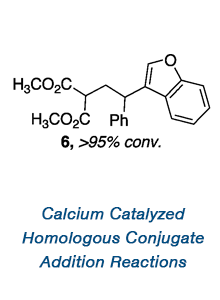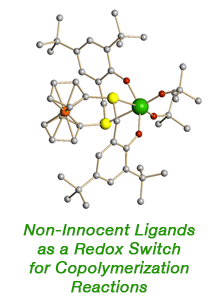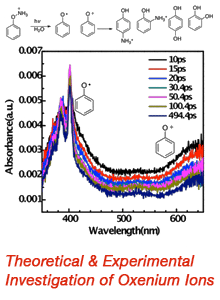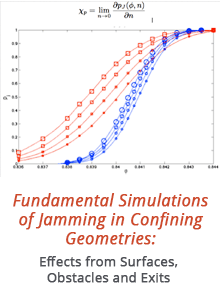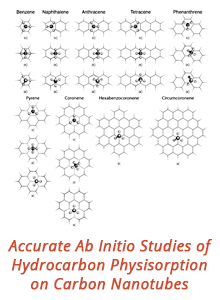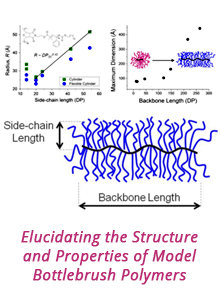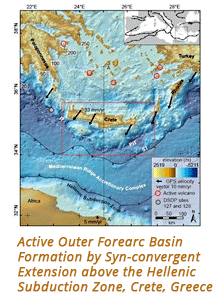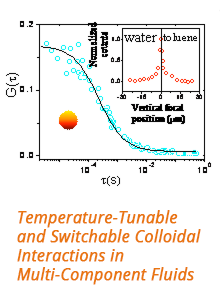58th Annual Report on Research 2013 Under Sponsorship of the ACS Petroleum Research Fund
Reports: SES53670-SES: 2013 ACS Summer School on Green Chemistry and Sustainable Energy
Mary Kirchhoff, PhD, American Chemical Society
The ACS Summer School on Green Chemistry and Sustainable Energy was held at the Colorado School of Mines in Golden, Colorado, July 22-29, 2013. Participation in the Summer School is open to graduate students and postdoctoral scholars from the U.S., Canada, and Latin America. Sixty graduate students and postdoctoral scholars, selected from 119 applicants, participated in the 2013 program. Applicants submitted a curriculum vitae, unofficial transcript of graduate courses, letter of nomination from a faculty member, and a one-page essay describing their interest in green chemistry and sustainable energy.
Students participated in a series of interactive lectures presented by experts on green chemistry and sustainable energy. Staff from the American Chemical Society's Petroleum Research Fund and Education Division provided information on proposal writing and careers, respectively.
The instructors and titles of their presentations are provided below:
Tamer Andrea, Queen's University
· Choosing the Greenest Synthesis
· Greener Solvents
Eric Beckman, University of Pittsburgh
· Green Business Creation for Chemical Scientists
Joan Brennecke, University of Notre Dame
· Greening Fossil Fuels
· Energy Applications of Ionic Liquids
David Constable, ACS Green Chemistry Institute®
· Sustainable and Green Chemistry by Design
Ken Doxsee, University of Oregon
· Going Green in the Organic Teaching Laboratory
Nancy Jensen, American Chemical Society
· Writing Competitive Research Grant Proposals
Mary Kirchhoff, American Chemical Society
· Green Chemistry: Principles and Practice
Corrie Kuniyoshi, American Chemical Society
· ACS Resources for Graduate and Postdoctoral Scholars
Mark Nimlos, National Renewable Energy Laboratory
· Biofuels
Alan Phillips, Arizona Chemical
· Pine Chemicals: Sustainability and Innovation
Bryan Pivovar, National Renewable Energy Laboratory
· Fuel Cells
Ryan Richards, Colorado School of Mines
· Nanostructured Materials for Green Catalysis
· Zen and the Art of Scientific Writing
Kim Williams, Colorado School of Mines
· Green Separations
Student groups engaged in a modified Life Cycle Assessment (LCA) exercise led by Tamer Andrea, a postdoctoral scholar in Philip Jessop's group at Queen's University. The groups assessed alternate routes to the same target molecule with respect to metrics such as bioaccumulation, ozone depletion potential, global warming potential, and persistence. Students gave oral presentations on the results of their exercise to the entire Summer School.
Poster sessions provided an additional opportunity for students to share their research and gain insights into greener approaches to research. Forty-seven students presented their research during two poster sessions.
The Summer School has been running continuously since 2003, and participants continue to rate the program very highly. In response to the statement, “The best thing about the course was…”, students offered the following observations:
· The people were amazing. Great speakers, organizers and students. I was shocked to see so many international students and feel that the program really benefitted from the various perspectives.
· This course has changed my perception concerning the use of chemicals, energy and all the resources in the environment. It will help me to educate other people to utilize the resources in the environment.
· It gave me ideas about how to improve my research.
· It has inspired me to be more thoughtful and responsible in the future.
· Great networking opportunities and a lot of great talks.
Students provided suggestions for improving the program, such as concepts and ideas that can be applied to every day research and a tour of NREL. Participants also suggested topics, such as biopolymers, wind and solar energy, catalysis, and hydrogen storage, for future Summer Schools.
One of the students, Paramjeet Pati, wrote about the experience for the ACS Green Chemistry Institute Nexus blog.
Copyright © 2014 American Chemical Society


